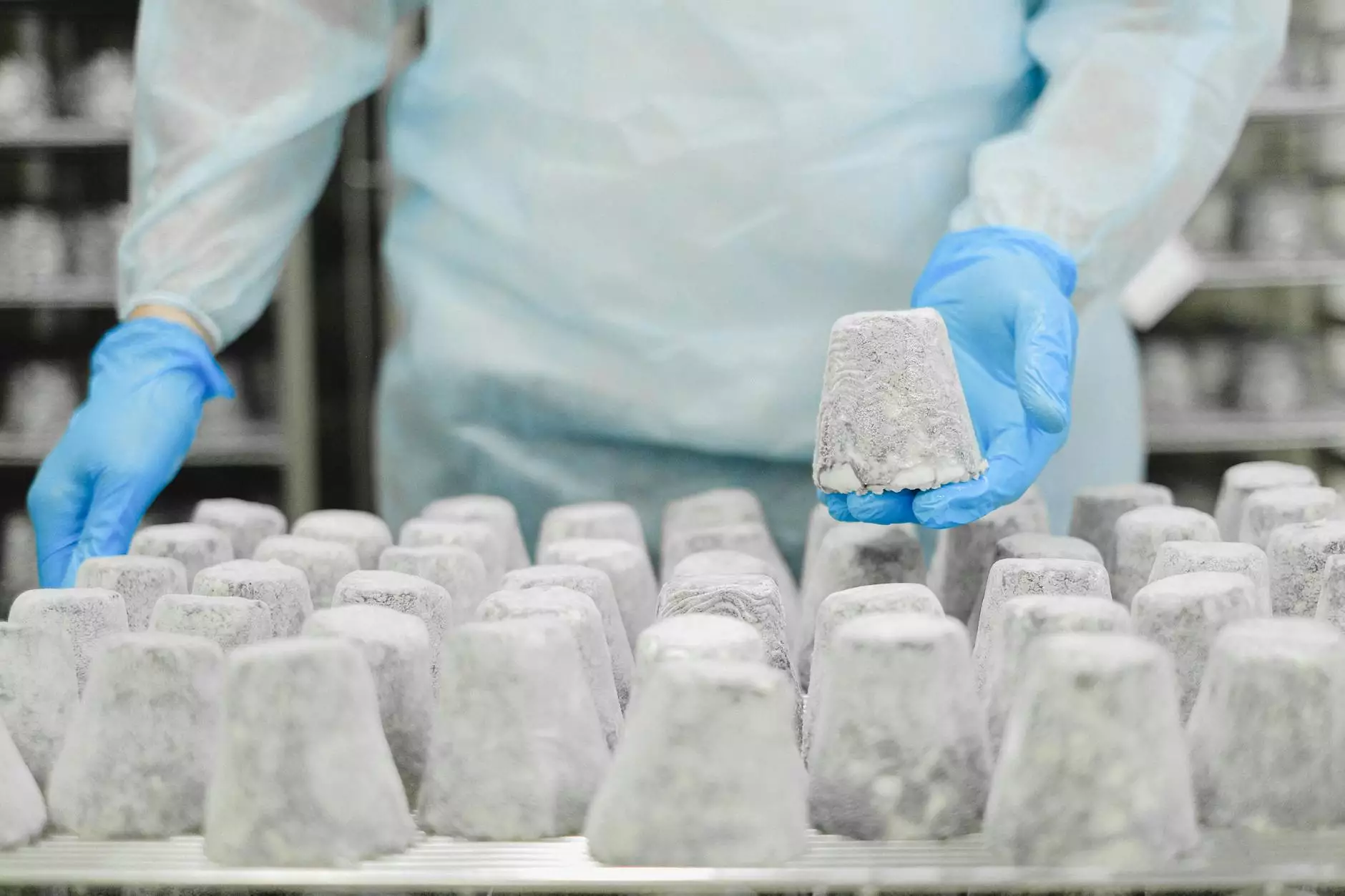The Importance of Concrete Batching Plants in Modern Construction

In the evolving landscape of construction, concrete batching plants play a pivotal role in ensuring efficiency and quality. As the backbone of concrete production, these facilities are essential for meeting the growing demands of the industry. This article delves into the various aspects of concrete batching plants, their functionalities, benefits, and the future of concrete technology.
What is a Concrete Batching Plant?
A concrete batching plant is a facility where raw materials, such as cement, aggregates, water, and additives, are mixed to produce concrete. This concrete is then used in various construction projects, including buildings, bridges, roads, and more. By controlling the mix of materials, batching plants ensure that the final product meets specific standards for strength, durability, and workability.
Types of Concrete Batching Plants
There are several types of concrete batching plants, each tailored for specific production needs:
- Stationary Concrete Batching Plant: Ideal for large projects, these plants are installed permanently at one location, providing high production capacities.
- Mobile Concrete Batching Plant: As a flexible solution, mobile plants can be transported to different locations, making them perfect for temporary projects.
- Compact Concrete Batching Plant: Designed for limited space, compact plants are efficient and require minimal installation space while still supplying high-quality concrete.
- Wet Mix Concrete Batching Plant: This type focuses on producing wet concrete, allowing for immediate use after batching.
- Dry Mix Concrete Batching Plant: In this setup, dry materials are mixed without water until they reach the job site, enhancing control over water addition.
Key Components of a Concrete Batching Plant
Understanding the key components of a concrete batching plant is crucial for anyone involved in construction. Here are the primary elements:
- Aggregate Bins: These storage bins hold the different aggregate particles needed for concrete.
- Weighing System: A high-precision weighing system ensures the correct amount of each ingredient is used, crucial for mix consistency.
- Mixer: The mixer combines all the ingredients to create the final concrete product. Different mixers, such as drum or planetary mixers, are chosen based on the specifications required.
- Cement Silo: This is where bulk cement is stored, ready for use in the mixing process.
- Control Panel: Modern batching plants use sophisticated control panels that automate the entire batching process, ensuring efficiency and precision.
The Advantages of Using Concrete Batching Plants
The use of concrete batching plants offers numerous advantages in construction:
- Consistency and Quality: Batching plants guarantee precise measuring and mixing, leading to consistent quality in concrete production.
- Time Efficiency: With modern batching technology, projects can be completed faster, as these plants can produce concrete at a rapid rate.
- Cost-Effectiveness: By optimizing the mix design and reducing waste, batching plants can lead to significant cost savings over time.
- Reduced Labor Costs: Automation and advanced technology reduce the need for manual labor, further cutting costs.
- Environmental Considerations: Modern concrete batching plants utilize technologies aimed at reducing waste and promoting sustainability by recycling water and minimizing emissions.
How to Choose the Right Concrete Batching Plant
Selecting the appropriate concrete batching plant requires careful consideration of several factors:
- Project Size and Volume: Assess your project’s concrete needs to determine whether a stationary or mobile plant is best suited.
- Type of Concrete: Consider the type of concrete required, as this influences the choice of mixer and batching plant configuration.
- Budget: Establish a budget that includes not only the initial purchase price but also operational, maintenance, and potential transportation costs.
- Technology Level: Opt for plants with advanced technology, such as automation and telemetry, to enhance operational efficiency.
- Regulatory Compliance: Ensure that the plant meets local regulatory standards and environmental guidelines.
Operational Excellence in Concrete Batching Plants
To maximize the performance of a concrete batching plant, operators must prioritize operational excellence. This includes:
- Regular Maintenance: Routine checks and preventive maintenance are vital for ensuring machinery runs smoothly and lasts longer.
- Staff Training: Well-trained staff can operate batching plants more safely and efficiently, reducing errors and increasing output.
- Quality Control: Implementing stringent quality control processes ensures that the concrete produced meets the required specifications.
- Data Monitoring: Utilizing data analytics to monitor production rates, material usage, and downtime can help identify areas for improvement.
Concrete Batching Plant Safety Measures
Safety should always be a priority when operating a concrete batching plant. Key safety measures to implement include:
- Personal Protective Equipment (PPE): Staff should always wear appropriate PPE, including helmets, gloves, and safety shoes.
- Safe Operation Protocols: Establish clear operational protocols and procedures to minimize the risk of accidents.
- Emergency Response Plans: Prepare and communicate emergency procedures to handle potential incidents effectively.
- Regular Safety Audits: Conduct safety audits and inspections to identify hazards and rectify them promptly.
The Future of Concrete Batching Plants
The future of concrete batching plants is bright, driven by innovation and technology. With trends like 3D printing and automation, the industry is poised for rapid growth. Here are some future trends to consider:
- Smart Batching Technology: As IoT technology evolves, smart batching plants equipped with sensors and connectivity will optimize production processes and provide real-time data analytics.
- Sustainable Practices: Increased emphasis on sustainability will lead to more companies adopting eco-friendly materials and practicing recycling of aggregates.
- Integration with Construction Technology: Batching plants will increasingly integrate with construction project management software for seamless workflow.
- 3D Printed Concrete: As 3D printing technology matures, batching plants will adapt to provide the right mix for this new type of construction.
Conclusion
In summary, concrete batching plants are a crucial segment of the construction industry. They improve efficiency, enhance quality, and significantly contribute to the successful completion of construction projects. By choosing the right equipment, ensuring operational excellence, and staying ahead of industry trends, businesses can reap the benefits of innovative concrete production. Whether you are involved in large-scale projects or smaller developments, investing in quality batching technology is an essential step towards achieving construction success.
For more information about concrete batching plants and other related technologies, visit Polygon Machinery, where we provide advanced solutions for your construction needs.



